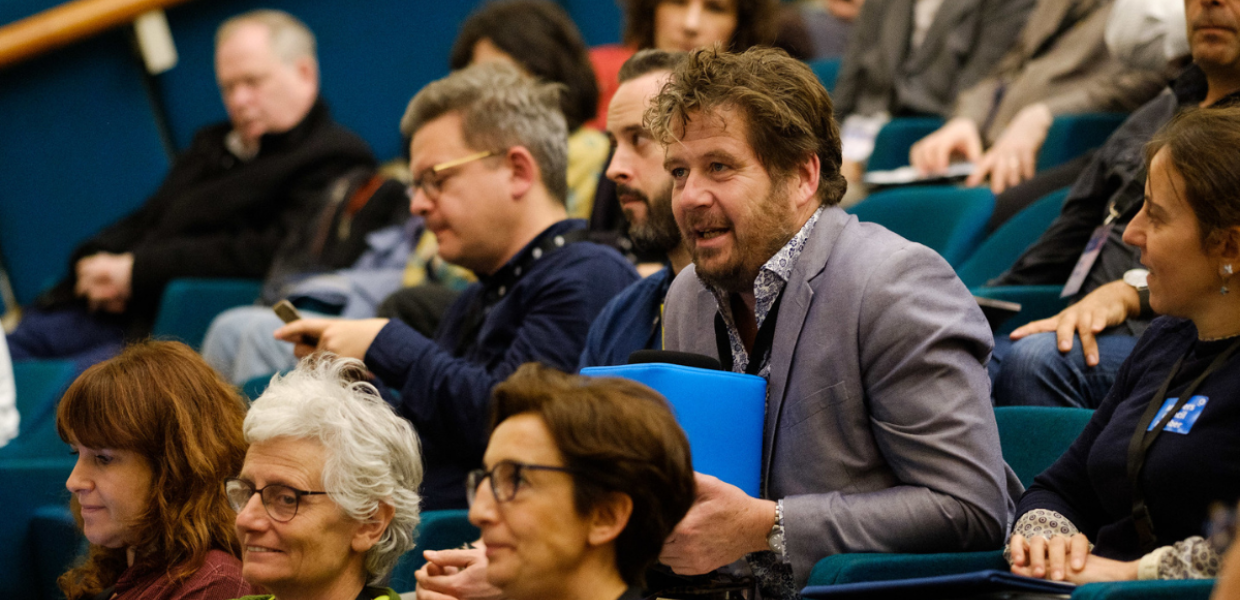How did you enter your profession?
As a science person that followed his heart to study history, I was happy to see the rise of computers in the humanities and the need for people who could mediate between both disciplines. I started as a heritage expert for a small IT management company. Their ambition to make heritage digital put me to work at various Dutch museums. I then became project manager at the University Library of Amsterdam. When Europeana began, I was a consultant for DEN, the Dutch knowledge Center for Digital Heritage. For them I was a work package leader in Europeana Inside, and program manager of Heritage and Location. Last year I helped the municipal archive of Rotterdam to migrate to a new archival management system. Starting this year, I divide my time between being a cultural entrepreneur and part-time employee at a museum again.
What are you currently working on?
As an information manager for the Anne Frank House, one of the most popular Dutch museums funded by the father of one of the most admired people in the world, I am working on digital transformation in practice. I am starting at the base. Firstly, I am working with my colleagues in curation to make the collection, including the famous diary and the hiding place, usable and visible online. Secondly, I’m working on organising the infrastructure (information, technology, people) that emerged out of a decade of ICT projects into a basic architecture that is flexible, sustainable (also in terms of costs) and valuable.
In search of a new digital way to tell young people about Anne Frank’s life story, Every Media and the Anne Frank House recently developed the Anne Frank video diary: an online video series airing on YouTube and based on the diary of Anne Frank. The series made a big impact worldwide, enhanced by the fact that its broadcast coincided with the COVID-19 pandemic. One episode got almost one million views, despite the fact that, because of copyright restrictions, it was not accessible in some countries like the United States.




